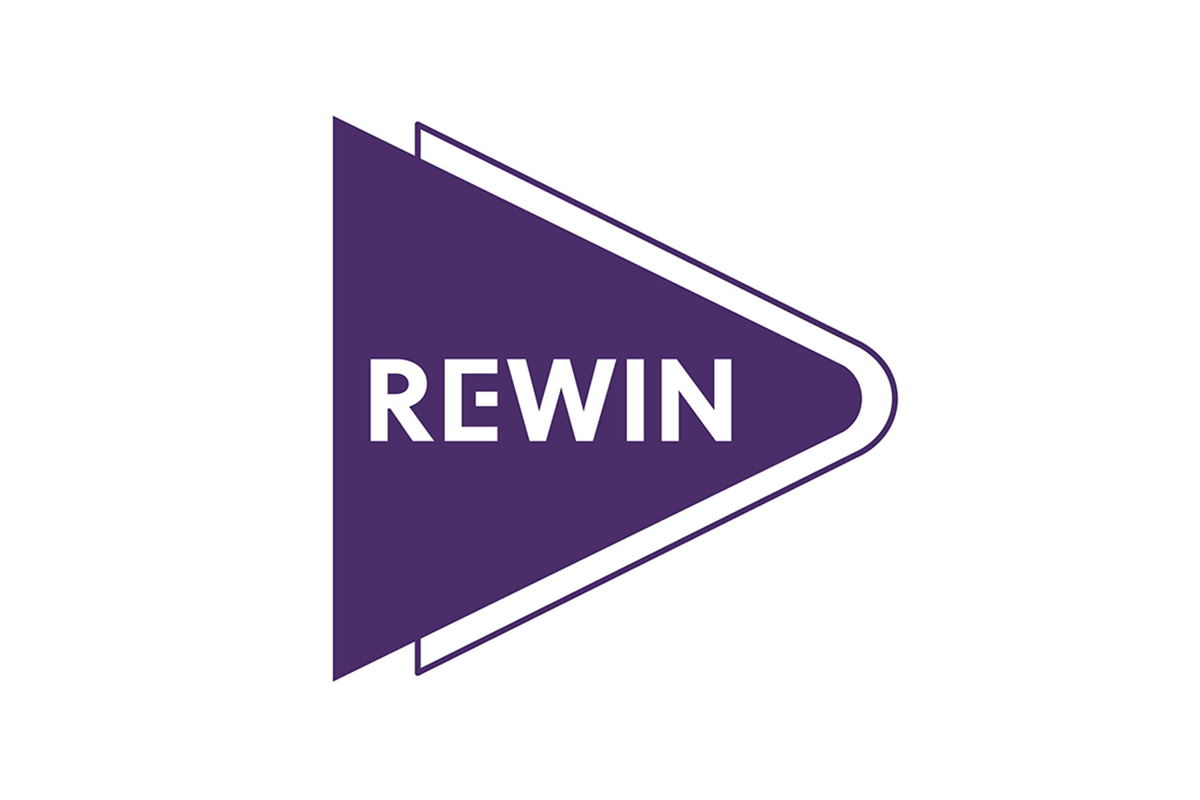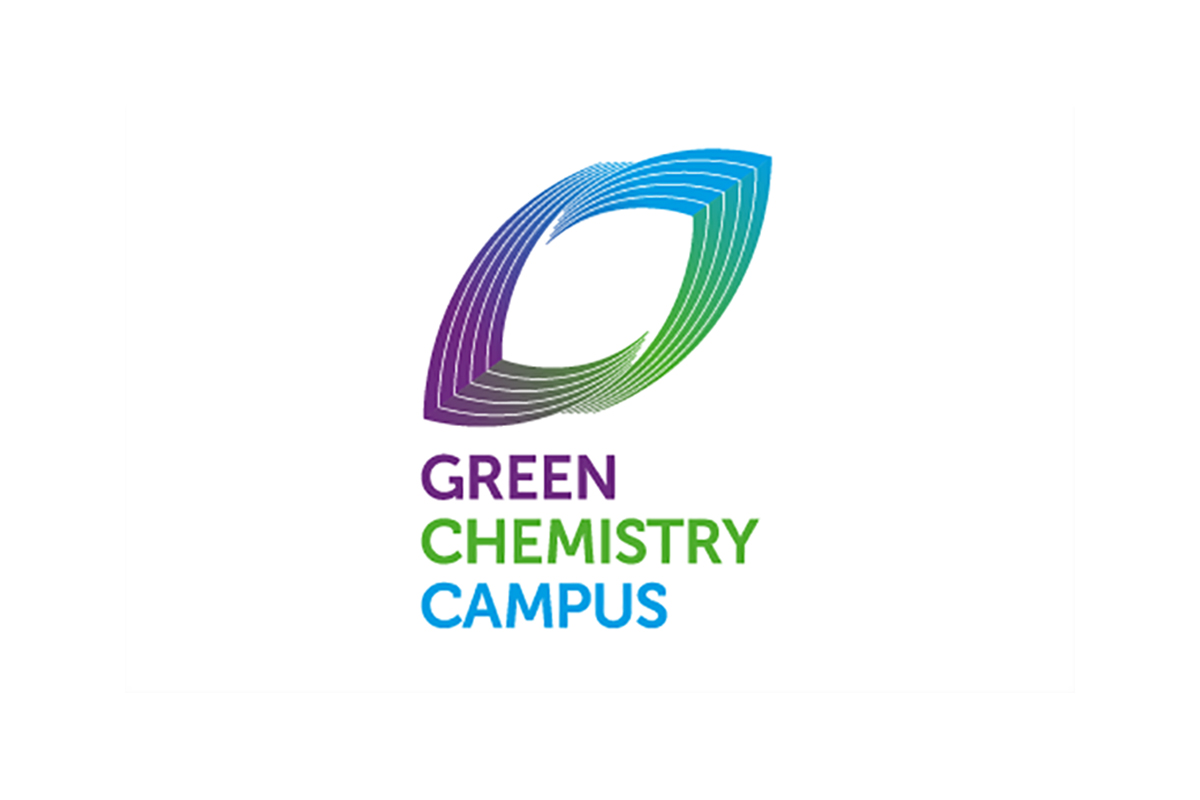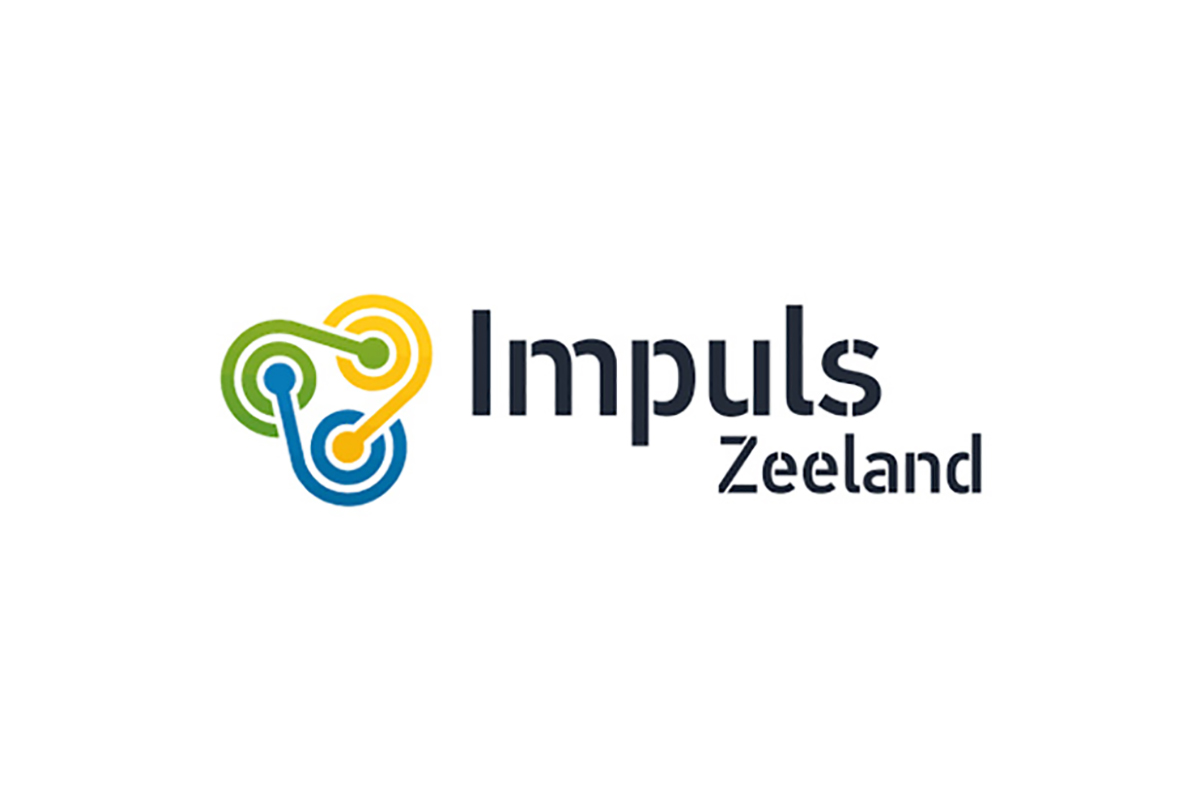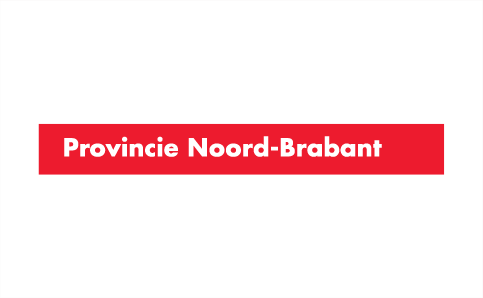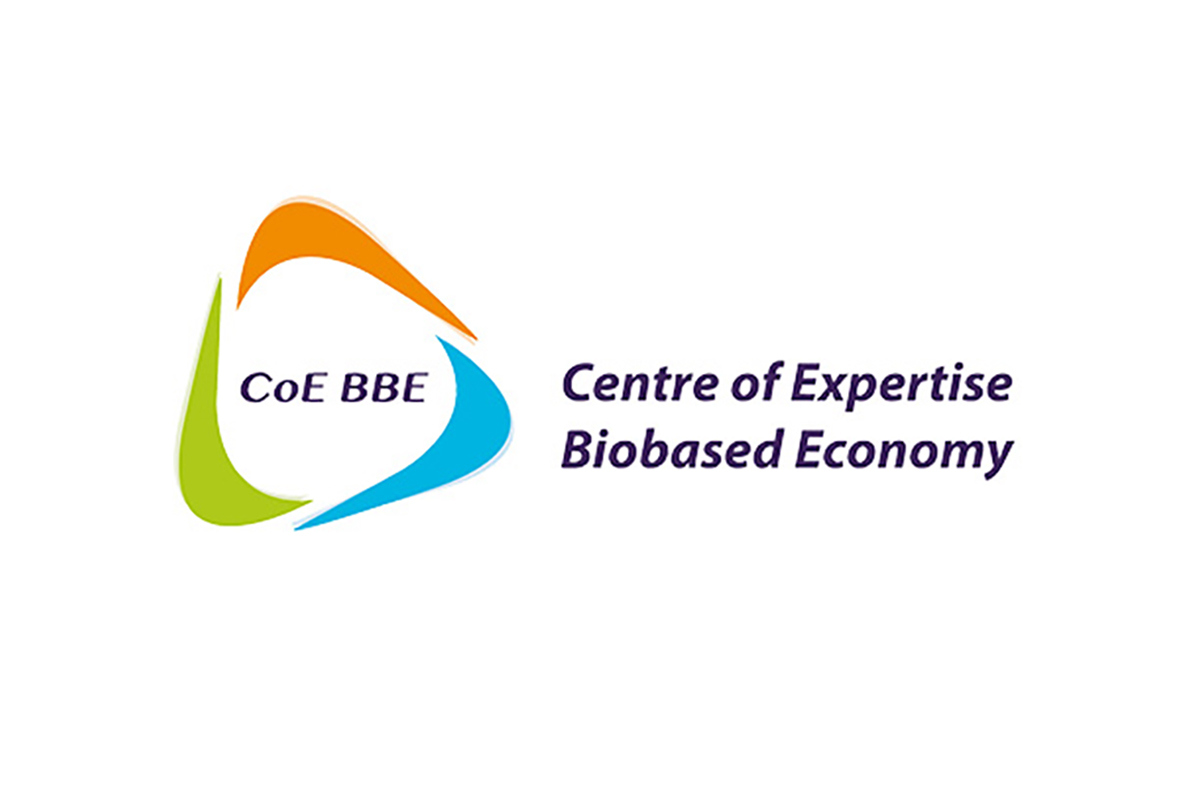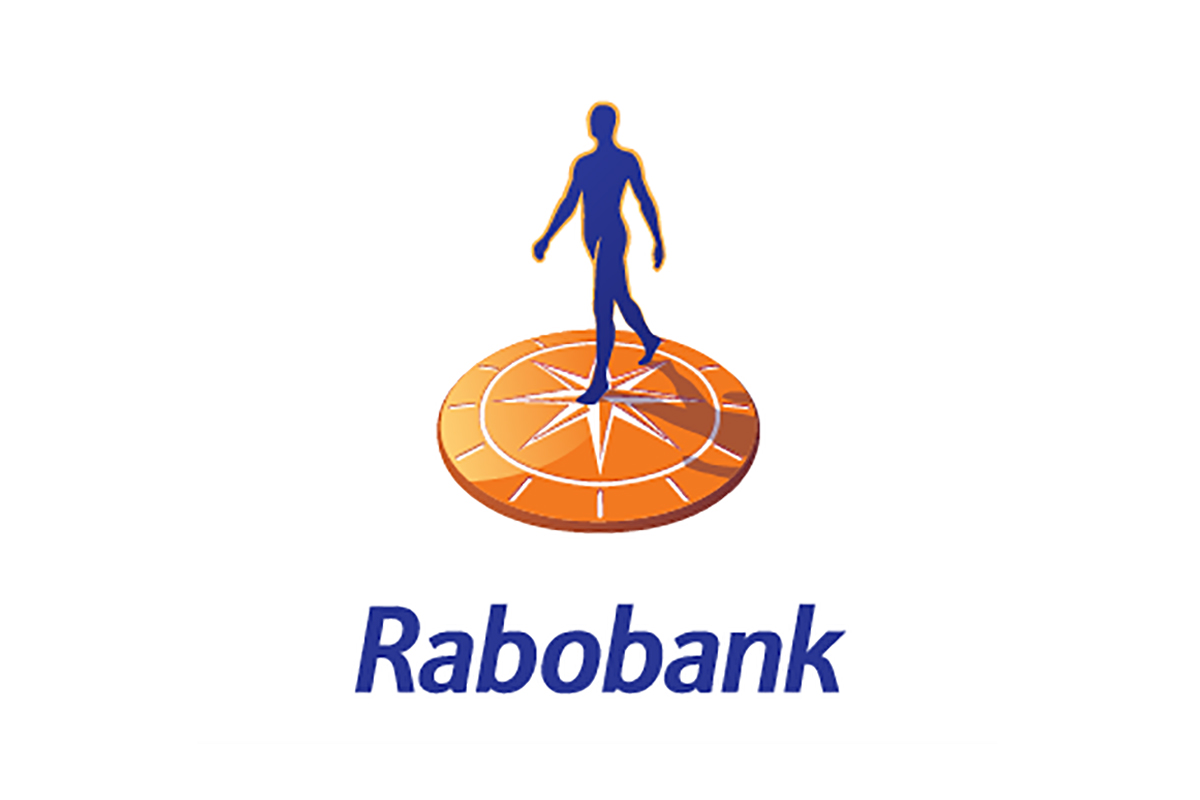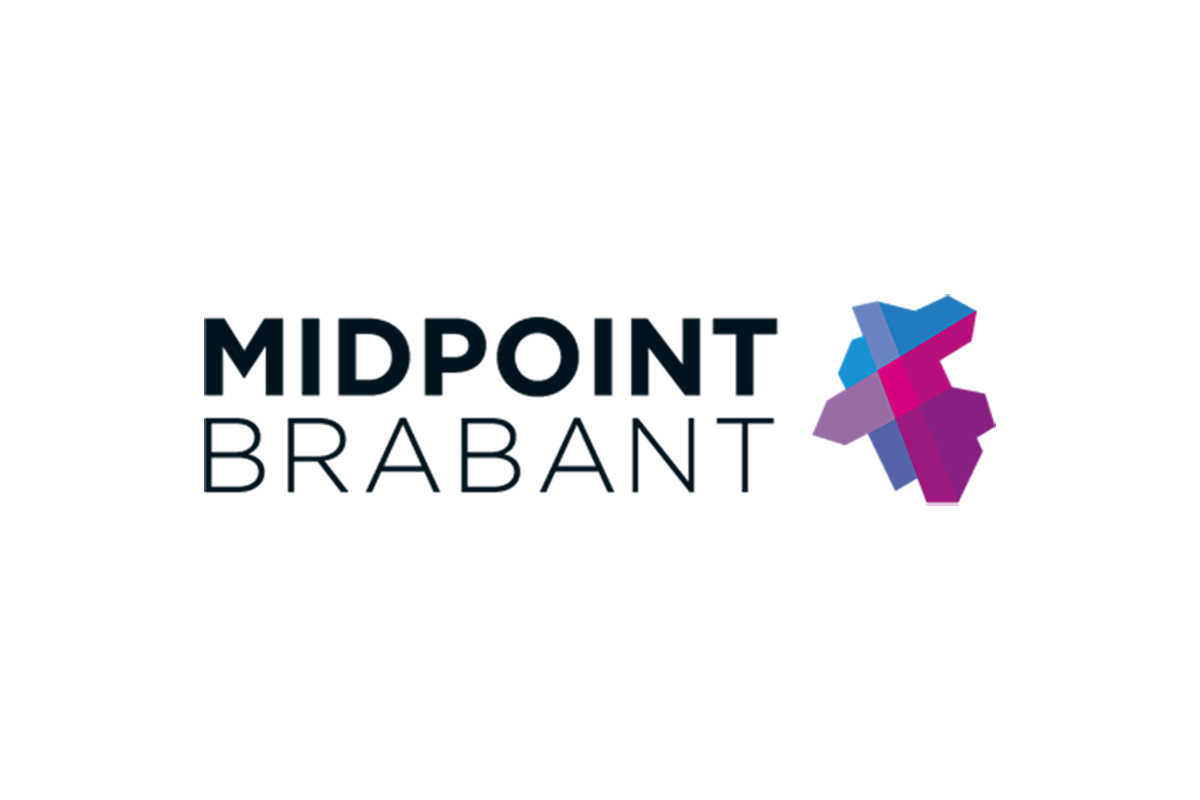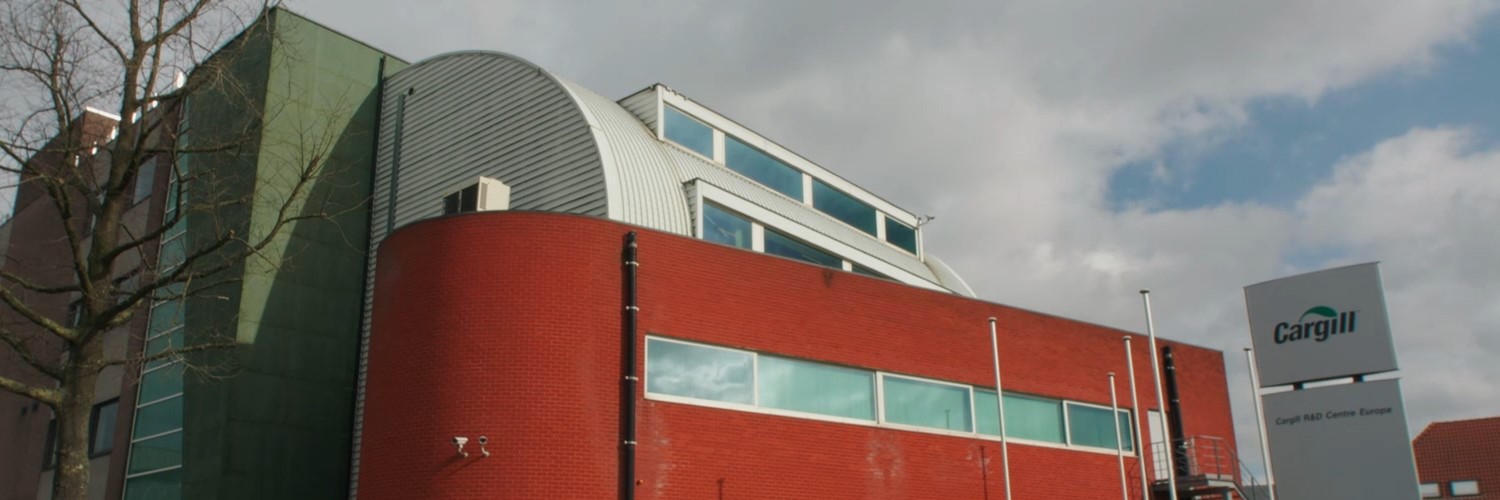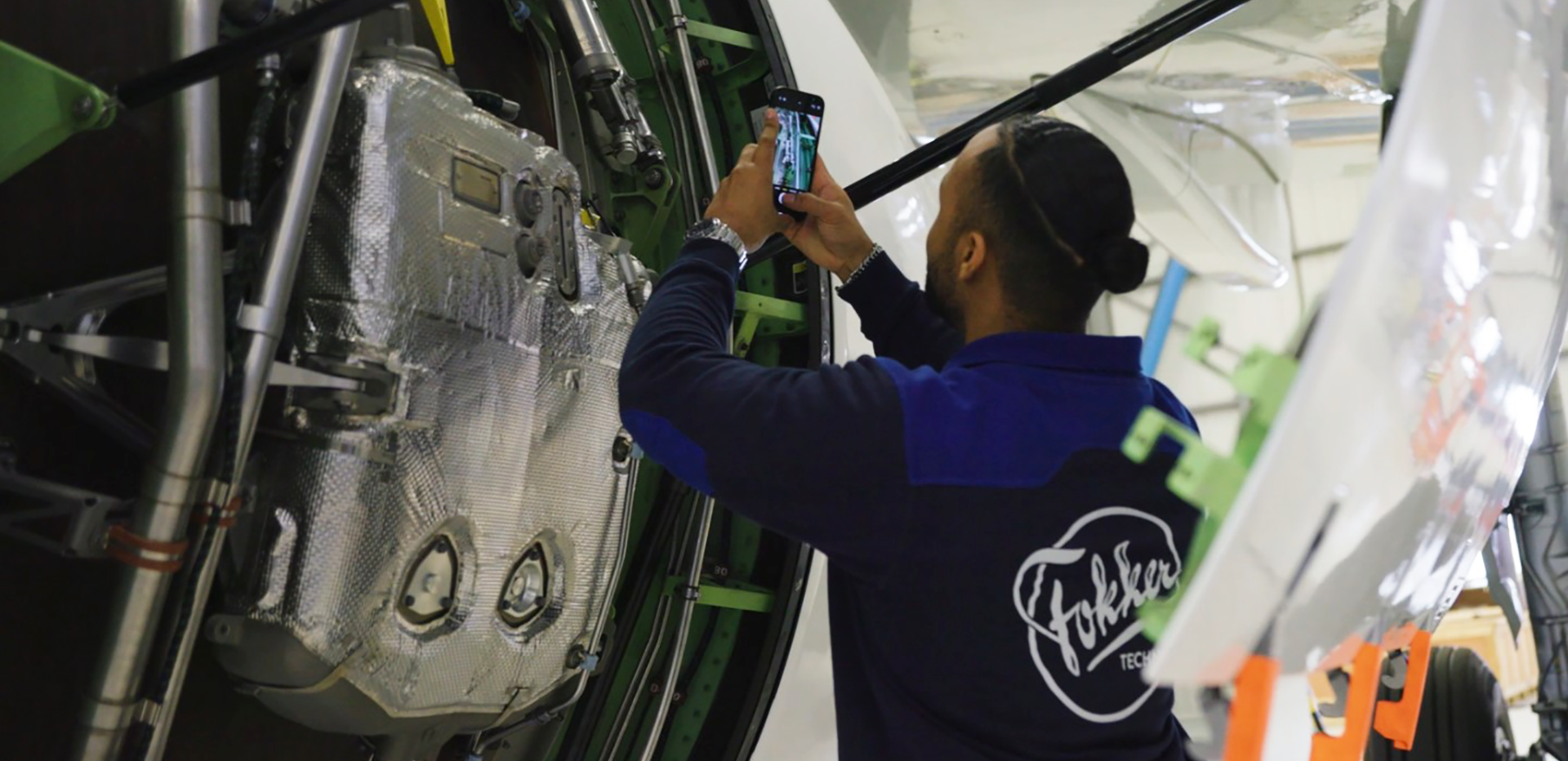How can we optimally valorize the pectine in sugar beet pulp?
What are we looking for?
We are looking for applications that meet the following preconditions:
Need to haves:
- Value creation within 3 years (short route to market)
- EBIT potential >EUR 5,000,000
Nice to haves:
- Competitive advantage
- IP protection
What aren’t we looking for?
Cosun can already use this pectin to produce galacturonic acid and galactaric acid and there are various ongoing projects within Cosun to modify these derivatives into unique bio-based products. Since these derivatives are already the subject of many research projects and have a long route to market, Cosun is not looking for this kind of initiatives. Rather, Cosun would prefer an application for the pectin stream as is with a shorter route to market.
What’s in it for you?
Driven by its new vision entitled ‘Plants Powering People’, Cosun seeks to work towards a sustainable future by establishing a cluster of bio-refineries. Innovation is key and Cosun will offer anyone taking this challenge the opportunity to make real progress together. After all, fitting solutions can be launched and sold relatively quickly in large volumes. Depending on the party taking this challenge, we will make appropriate arrangements to benefit both of us. Cosun does not have an outspoken preference as to what such a partnership would look like in the future and will assess this on a proposal-by-proposal basis, as it depends in part on the innovation’s distance from Cosun’s core business.
Cosun will make its experts, laboratories, pilot plant and other ecosystems available to the party taking this challenge to as to develop a successful innovation together. Serious ideas can count on serious budgets.
How can BioVoice benefit you?
An Innovation Contract. After concluding an innovation contract, you can get started with the development process. You’ll have access to:
- funding (€10,000 vouchers, to be spend in the regional ecosystem on, for example, lab- and demo-facilities, NDA or IP advice, etc.)
- (international) markets
- knowledge and partners
- resources and research facilities
- business and upscaling opportunities
- and: a launching customer!
The BioVoice programme
BioVoice is an initiative of REWIN West-Brabant, Green Chemistry Campus, the joint Rabobanks of Southwest Netherlands and the province of Noord-Brabant. Together, we want to give innovative entrepreneurs and up-and-coming bio-based/circular talents the space and opportunities to develop and market their idea/product in order to realise our common goal: accelerating the transition to a sustainable economy
Conditions of participation
Anyone who can formulate an appropriate answer to this question is free to respond.
Your pitch (max 6 pages / 18 slides)
We would like for your pitch to contain the following elements:
- Potential product/market combinations
- Facts, figures and trends of which this innovation will benefit
- A proposal for form of cooperation
- Expected challenges and hurdles in the innovation proces
There are no requirements regarding the type of pitch (presentation/slide deck, letter), but it must be uploaded as a PDF file (landscape or portrait A4) and the file size may not exceed 30 MB). Videos, draft websites, etc. can be included as links.
Pitches in English are allowed.
Timeline
- 2nd March 2020: Challenge launches – open for entries
- 8th May 2020 – 17.00 uur: Challenge deadline – entries must be submitted before 5 am
- 15th May 2020 at the latest: Shortlist announcement – Announcement of which start-ups/scale-ups will be invited to introduce and explain their solution
- Week of 25th May or 1st of June: Digital introduction talks challengers/entrants + information sessions on IP and NDA’s
- September ‘20: Work sessions, during which challengers & entrants seek to conclude innovation contracts + voucher granting
- End of September 2020: Closing event – celebrating the innovation contracts and partnerships resulting from the challenge + voucher hand-outs
- June 2020: Start of development & partnership (pilot)
Questions?
If you have any questions about this challenge, please head to the contact options below. For more information about the challenge program, click here.
Background information
Royal Cosun is a modern, forward-looking cooperative that was founded in the Netherlands and operates worldwide. We work with thousands of growers, both members and suppliers.
We are aware of the enormous potential of plants and know how to turn them into useful everyday solutions. We produce plant-based ingredients and foods for people and animals alike, as well as green, bio-based solutions and energy.
The cooperative is made up of sugar beet growers and also owns several agri-food businesses, including Suiker Unie.
The production of sugar also results in large quantities of sugar beet pulp, which is traditionally used as animal feed. For some time now, Cosun has been using bio-refining methods to fractionate this pulp into various components, all of which are examined and processed separately, before being sold in unique markets.
The cellulose fraction of sugar beet pulp is an excellent example, boasting many functionalities that can be used in home and personal care products, for example. It is already known that the pectin fraction can serve as a substitute for chemicals used for processing leather. See also this link.



